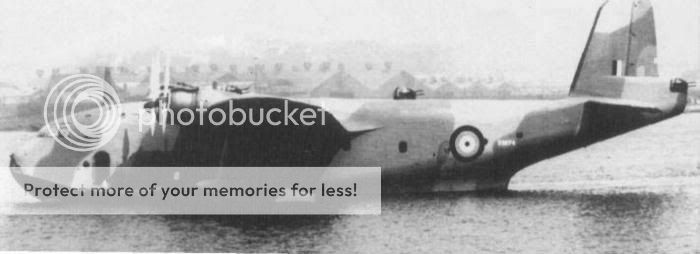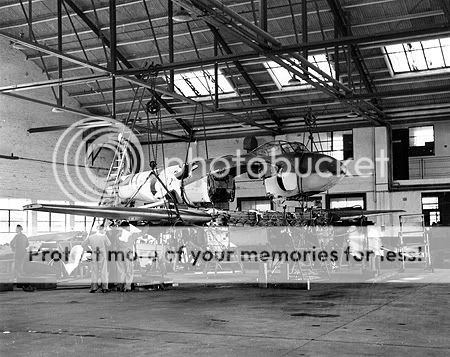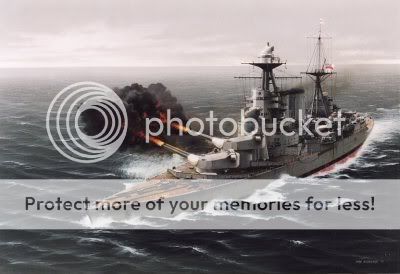Oh my good god that looks fun.
Still, take your time for an update. Ive been meaning to do mine, I just can't find the motivation
Still, take your time for an update. Ive been meaning to do mine, I just can't find the motivation

Dunno why, I wouldn't like to be near the Arizona when the "party" starts....

To be fair on the Manchester, putting 'shallow dive bombing' into the spec really was stacking the deck against it! Wouldn't have fixed the engine problems, though it certainly would have helped with a few of the aero problems around the tail and certainly improved engine cooling and airflow.
Not just an RAF problem though, if I remember correctly the Germans kept doing the same thing, insisting their 'heavy' bombers had full on dive bombing capability then being surprised when said aircraft were rubbish.

Merry Christmas, everyone!
